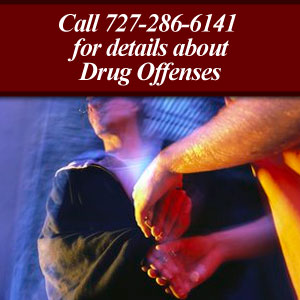All of us make mistakes at various points in our lives. For some people, those mistakes may come with criminal legal consequences. If you find yourself in such a circumstance, one of the key things you can do to help yourself is resist the urge to take action that will actually only make your situation worse. In almost all situations, attempting to run from the police is one of those urges that, if acted upon, will only make your legal circumstances worse. Instead of running, take quick and decisive action by retaining the services of an experienced Tampa Bay criminal defense attorney to take on your case within the legal system.An example of how running from law enforcement can go badly took place recently in Seminole County. A ClickOrlando report indicated that three people were traveling in a white vehicle that allegedly had a stolen license plate on it. Local law enforcement officers began pursuing the vehicle. There was a problem for the occupants, though; the vehicle contained cocaine and several pieces of drug paraphernalia. The driver tried to outrun the police but eventually crashed.
The driver, J.Y., and one passenger, J.K., decided to make a run for it on foot, racing into a field. A police K9 caught J.Y. J.K., however, had a different pursuit to handle. A herd of cows detected the woman and began chasing J.K. Eventually, the cows cornered the woman in one corner of the fenced field, where law enforcement officers were waiting to apprehend her.
According to the Orlando Sentinel, the “police didn’t say whether they would consider creating a bovine chase unit.”
 Tampa Bay Criminal Defense Lawyer Blog
Tampa Bay Criminal Defense Lawyer Blog




